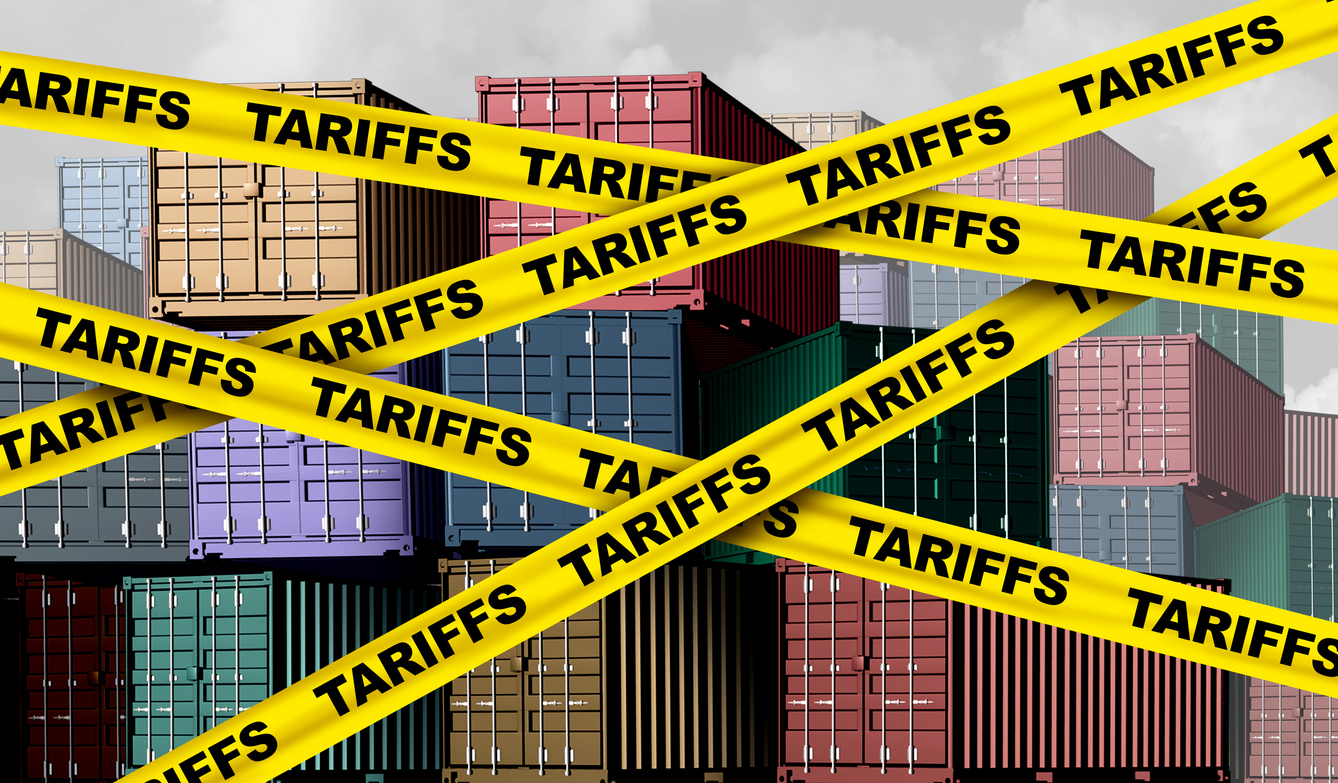Import-Export Compliance in Nigeria: A Complete Guide for Businesses
For companies involved in international trade, import-export compliance in Nigeria is a critical factor that determines smooth operations and long-term success. Understanding regulatory frameworks, documentation requirements, and agency approvals ensures businesses avoid penalties, shipment delays, and unnecessary costs.
Understanding Import-Export Compliance in Nigeria
Import-export compliance refers to adhering to the legal, procedural, and regulatory requirements set by Nigerian authorities to govern trade across borders. It involves fulfilling customs obligations, maintaining accurate documentation, and following international standards for product classification and valuation.
In Nigeria, compliance is regulated by multiple agencies, including:
-
Nigeria Customs Service (NCS)
-
Standards Organisation of Nigeria (SON)
-
National Agency for Food and Drug Administration and Control (NAFDAC)
-
Central Bank of Nigeria (CBN) for trade documentation and forex approvals
Each agency plays a unique role in ensuring that imported and exported goods meet Nigeria’s safety, quality, and legal standards.
Key Regulations for Importers and Exporters
To achieve full compliance, importers and exporters must be aware of the following core requirements:
1. Obtaining Import and Export Licences
Businesses must register with the Corporate Affairs Commission (CAC) and obtain a Tax Identification Number (TIN) before applying for import/export licences through the Federal Ministry of Industry, Trade, and Investment.
2. Form M and Pre-Arrival Assessment Report (PAAR)
Before goods are shipped to Nigeria, importers must complete Form M on the Single Window Trade Portal. Once the shipment is assessed, the Nigeria Customs Service issues the PAAR, which helps determine the correct duty and compliance level.
3. SONCAP and NAFDAC Approvals
For regulated products such as electronics, chemicals, and food items, compliance certificates like the SONCAP (Standards Organisation of Nigeria Conformity Assessment Programme) and NAFDAC permit are mandatory before customs clearance.
4. Export Documentation
Exporters must prepare essential documents such as:
-
Export Proceeds Form (NXP)
-
Bill of Lading
-
Certificate of Origin
-
Commercial Invoice
-
Packing List
These documents ensure transparency, traceability, and adherence to Nigeria’s export policies.
Common Challenges in Trade Compliance
Despite the established system, Nigerian traders often face challenges such as:
-
Complex paperwork and multiple agency clearances
-
Delays at ports due to incomplete documentation
-
Changing government regulations
-
Limited understanding of international compliance standards
To stay competitive, businesses must stay informed and partner with experienced logistics and sourcing experts.
How Wigmore Trading Supports Compliance
At Wigmore Trading, we understand the complexities of import-export compliance in Nigeria. With years of experience in cross-border logistics, customs clearance, and international sourcing, our team helps businesses:
-
Ensure accurate documentation and licensing
-
Navigate agency approvals with ease
-
Minimize delays and avoid regulatory penalties
-
Optimize supply chain processes for cost efficiency
Whether you’re importing goods into Nigeria or exporting to global markets, Wigmore Trading can help.
Conclusion
Import-export compliance is more than just a legal obligation—it’s a strategic advantage for businesses aiming to scale in Nigeria’s dynamic trade environment. By understanding the regulatory landscape and working with trusted partners like Wigmore Trading, you can streamline operations, reduce risks, and ensure smooth global trade transactions.








Comments are closed.